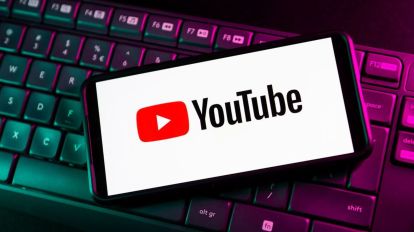
YouTube is in hot water with creators after it was revealed that the platform has been secretly applying AI enhancements to videos uploaded to its Shorts platform. The discovery came when popular creators like musicians Rick Beato and Rhett Shull noticed strange changes in their videos — from overly smooth skin textures to slightly distorted facial features — sparking questions about transparency, control, and creative ownership.
The company has since admitted it was experimenting with AI tools to automatically improve video quality. These tweaks included unblurring, denoising, and sharpening Shorts, similar to the enhancement features found on modern smartphones. The problem? Unlike a phone’s camera settings — where users decide if they want AI filters — YouTube applied these changes automatically and without notifying creators or giving them the option to opt out.
Trust and Transparency at Stake
Experts say this silent rollout strikes at the heart of trust between platforms, creators, and their audiences. On smartphones, you control when and how to enhance your videos. On YouTube, however, that choice was taken away, leaving creators frustrated and audiences potentially misled.
This comes at a sensitive time. Public trust in media has been in steady decline, dropping from 72% in the 1970s to just 34% in 2023. Audiences are more sensitive than ever to undisclosed AI alterations, often perceiving them as manipulative or deceptive. Creators like Beato warn that these unannounced edits could damage the sense of authenticity they’ve built with their communities.
A New Era of Platform Power
What YouTube calls a “quality improvement experiment,” critics see as a potential slippery slope — where platforms could unilaterally decide how content should look or feel. With Google’s advanced AI tools like the Video Intelligence API, the capability to analyze, enhance, or even subtly modify videos at scale is already here.
As creators wait for clarity on whether opt-out options will be added, one thing is clear: this controversy is forcing a much-needed conversation about the balance between innovation, creative control, and transparency in the age of AI-driven media.




